Syria comes under military attack on Trump's orders, 13 missiles shot down
Multiple places in Syria have come under attack by US, British and French military forces after President Donald Trump ordered a military strike against the country despite international warnings against further escalation of the situation.
“A short time ago, I ordered the United States Armed Forces to launch precision strikes on targets associated with the chemical weapons capabilities of” Syria, Trump said in a televised address from the White House on Friday evening.
He also warned Russia and Iran, which have been assisting Syria in its counter-terrorism campaign, to end their support for the Damascus government, but said, “hopefully, someday we’ll get along with Russia, and maybe even Iran, but maybe not.”
US officials said that Tomahawk cruise missiles and other types of bombs were used in the attack.
UK: Raids not about regime change
British Prime Minister Theresa May also said she authorized the British armed forces to conduct coordinated and targeted strikes, noting, “I have done so because I judge this action to be in Britain’s national interest.”
“This is not about intervening in a civil war. It is not about regime change. It is about a limited and targeted strike that does not further escalate tensions in the region and that does everything possible to prevent civilian casualties,” she claimed.
Britain’s Defense Ministry said that four RAF tornado jets took part in the attacks, striking a Syrian military facility near the Syrian province of Homs.

France uses advanced jets, frigates
French President Emanuel Macron also claimed the strikes targeted Syria’s capability to launch chemical attacks.
“We cannot tolerate the normalization of the use of chemical weapons,” he said in a statement issued shortly after huge explosions were heard in Damascus early Saturday followed by the sound of airplanes overhead.
France later said it fired 12 cruise missiles from frigates in the Mediterranean and deployed fighter jets from home bases as part of its strikes on Syria.
A presidency source said French Mirage and Rafale fighter jets were involved in the air strikes on Syria together with four frigate warships.
This included an air defence frigate, three multi-mission frigates, Mirage 2000 jets, Rafale, AWACS (Airborne Warning and Control System) and support and supply assistance, the source said.

'One-time shot'
The three countries used an alleged chemical attack in the Eastern Ghouta suburb of Damascus last week as a pretext for their military action. They blame the Syrian government for the attack, without offering any evidence.
Syria has strongly rejected any role in the suspected attack, which came just as the Syrian army was about to declare full victory against the militants operating in the region.
Russia said the chemical attack was staged by desperate militants to provoke further intervention in the conflict by the West.
A Reuters witness said that at least six loud explosions were heard in Damascus with smoke rising over the Syrian capital where a second witness said the Barzah district, the location of a major Syrian scientific research center, was also hit in the strikes.
Syrian state TV later aired footage of the material damage caused by the strikes.
US Secretary of Defense Jim Mattis said in a press briefing that the air strikes on targets in Syria were a “one time shot,” noting that future strikes would depend on whether the Syrian government uses chemical weapons.
The Pentagon chief added that the US and its allies struck Syria harder than they did last year.
French Foreign Minister Jean-Yves Le Drian also said if "red lines" were crossed again there would be a new intervention.
General Joseph Dunford, the highest-ranking officer in the US military, said Russia's forces in Syria had been warned through existing "deconfliction" channels that Western planes would be in Syrian air space.
Reports however said the aircraft did not enter the Syrian air space and fired their missiles from outside the country.
NATO, Israel defend aggression
The NATO military alliance voiced support for the military action.
“I support the actions taken by the United States, the United Kingdom and France,” NATO Secretary General Jens Stoltenberg said in a statement, claiming ... the campaign will reduce the ability of Syria to launch chemical attacks.
An Israeli official also defended the military attacks as justified and said, “This night, under America’s guidance, the United States, France and Britain acted accordingly,” AFP report, without naming him.
Canada and Turkey also voiced support for the air strikes but Turkish Deputy Prime Minister Bekir Bozdag made it clear that the US base in Incirlik was not used in the attack.
The regime has frequently carried out military attacks against targets on Syrian soil in what is viewed as an attempt to support anti-Damascus terror groups.

Reports say Israel has stepped up military activities on the occupied side of the Golan Hights near Syria, deploying Merkava Mk-IV tanks there, following the tripartite missile strikes by its allies.
US House passes bill targeting charities and pro-Palestine groups
VIDEO | Supporting Gaza genocide
Hezbollah attacks Israeli forces after Lebanese homes blown up
World leaders, states hail ICC arrest warrants for Netanyahu, Gallant
MP: US accountable for possible Israeli 'foolishness' to attack Iraq
VIDEO | Israeli policies strangle Palestinian agriculture, economy
Iran's president offers condolences to Pakistan over terrorist attack
Canada’s Yukon town council at standstill over refusing oath to King Charles







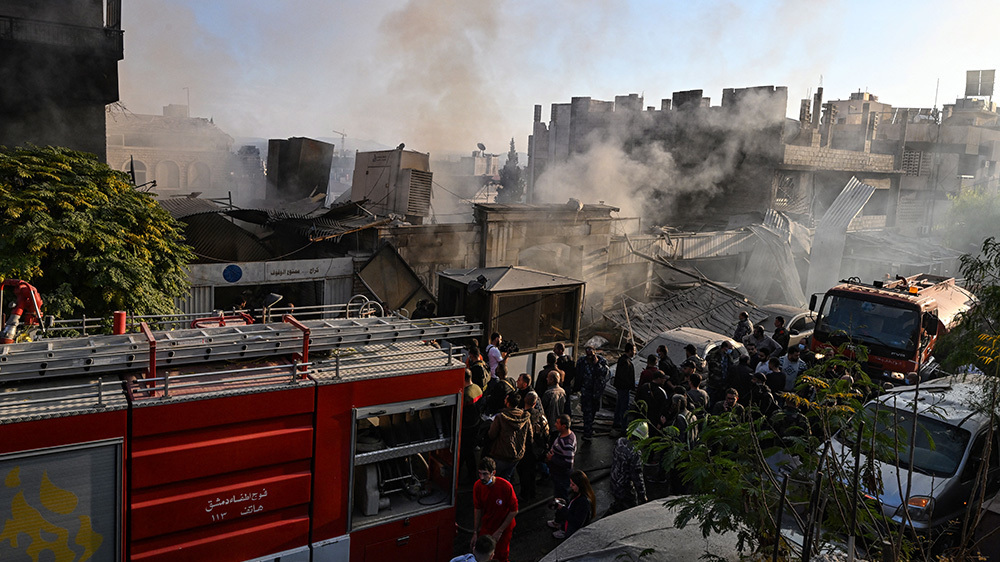
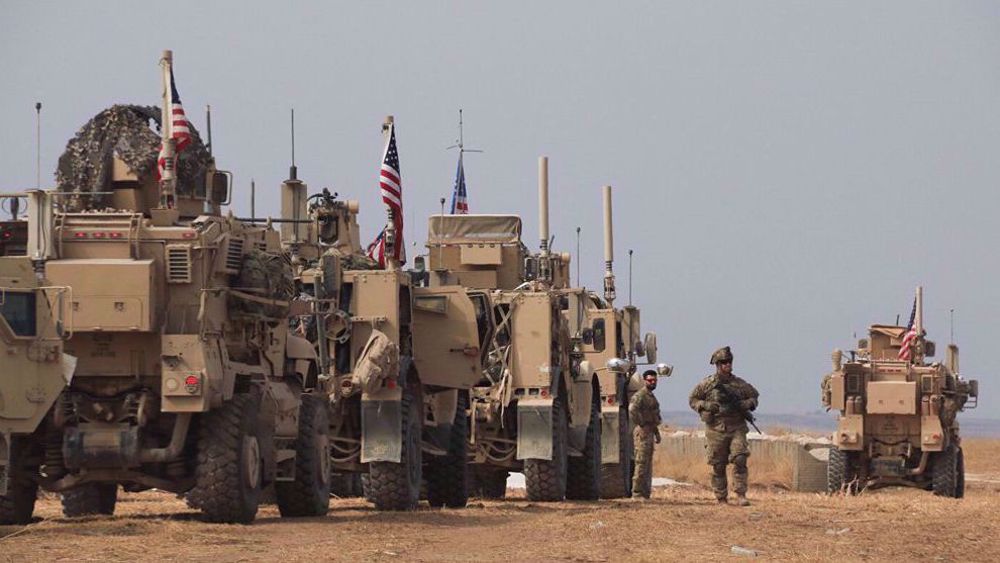
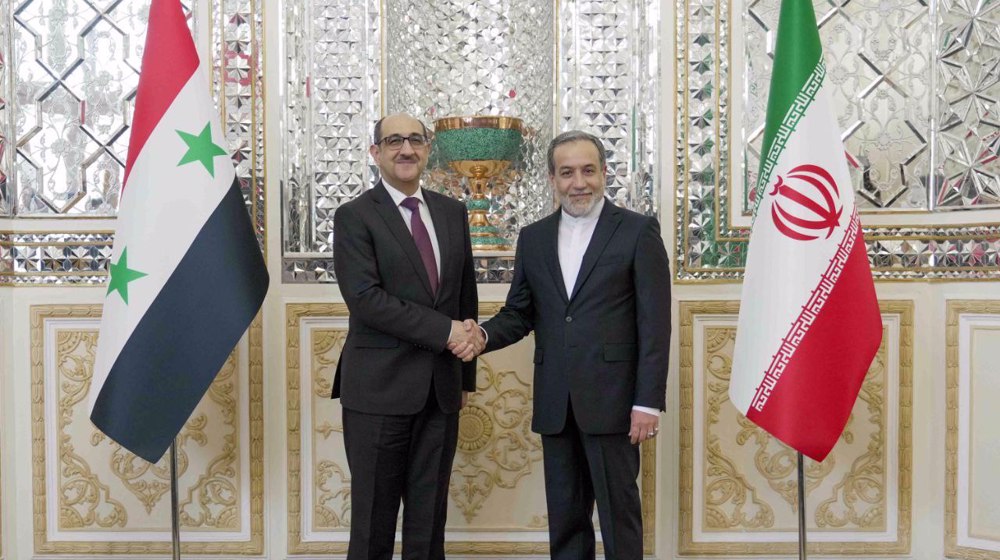



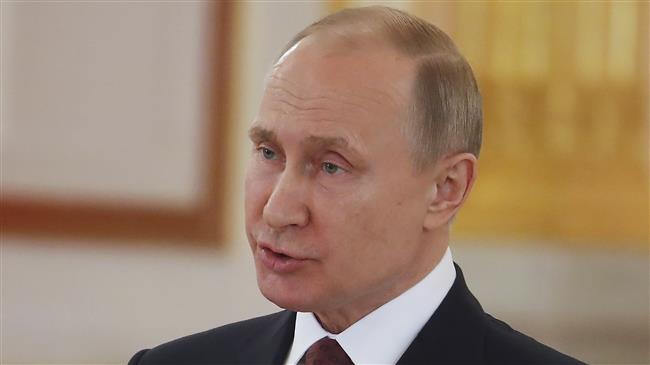
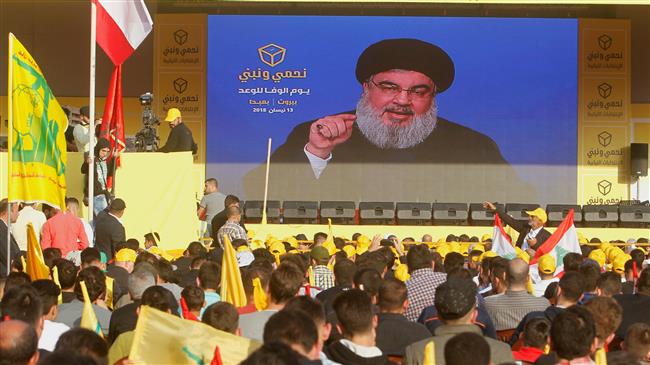
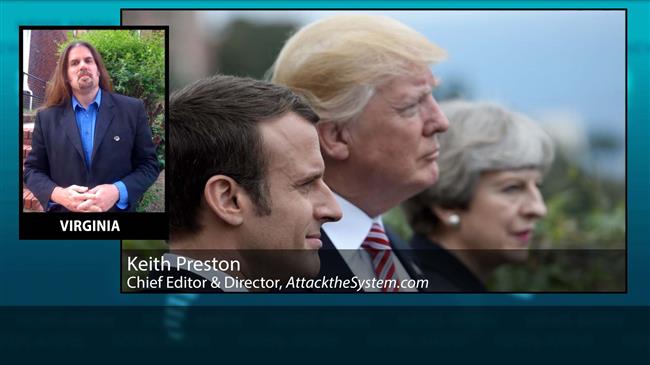
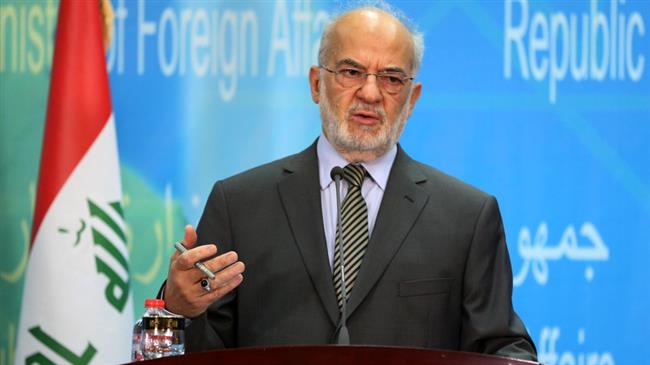
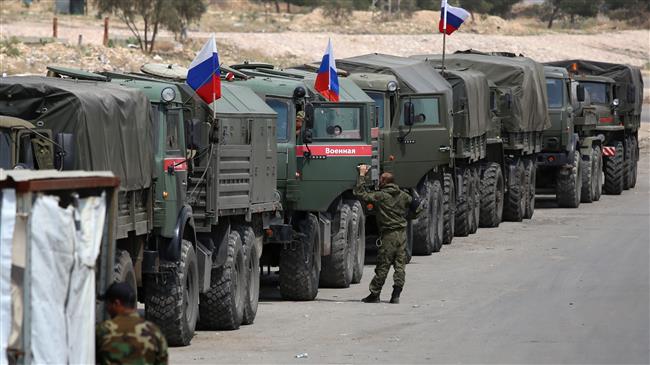
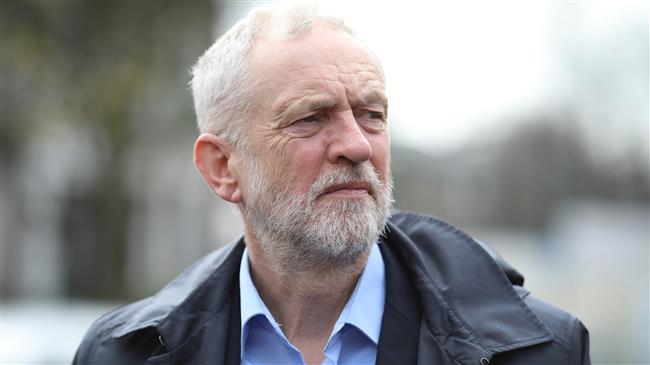

 This makes it easy to access the Press TV website
This makes it easy to access the Press TV website